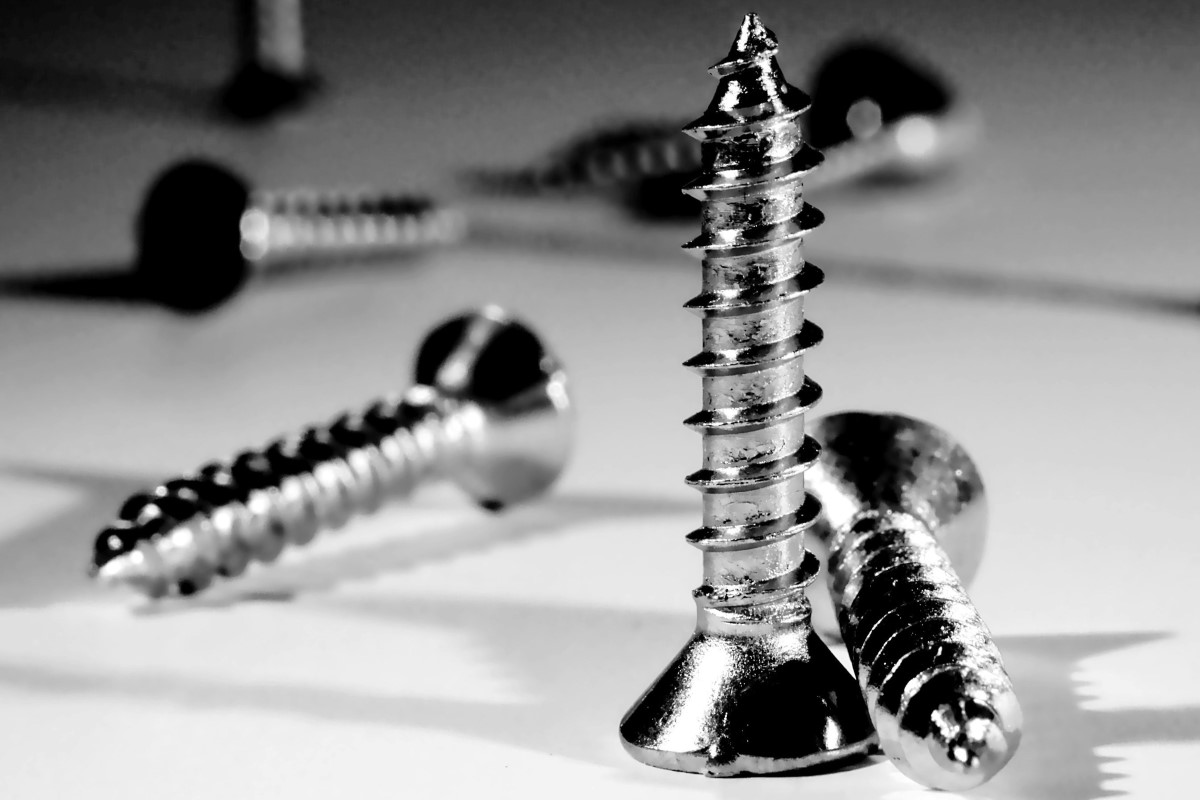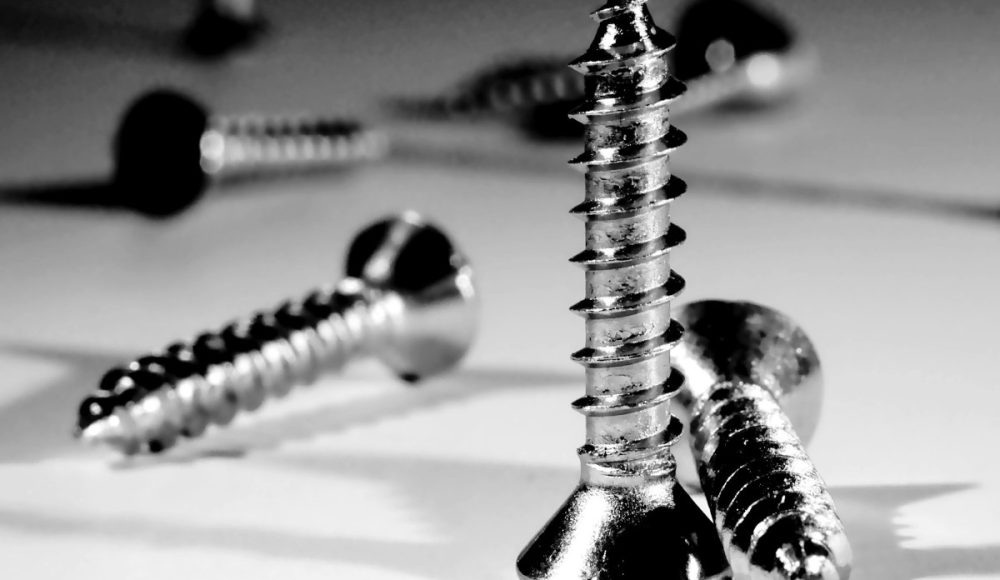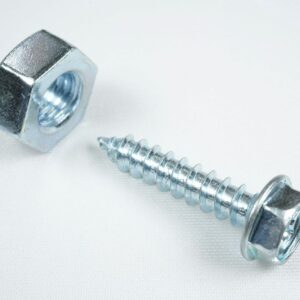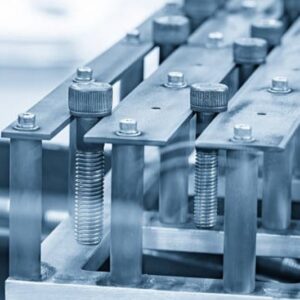When it comes to choosing fasteners for морской пехотинец или coastal environments, нержавеющая сталь is often a top contender. It is widely regarded for its excellent коррозионная стойкость, which makes it an ideal material for use in environments exposed to saltwater and moisture. Stainless steel self-tapping screws, in particular, have gained popularity for their versatility and ease of installation in a variety of applications.
В этой статье, we will explore whether stainless steel self-tapping screws are a reliable option for marine and coastal applications. We will discuss the different grades of stainless steel, their corrosion resistance properties, and the factors that should be considered when selecting fasteners for these harsh environments. By the end, you will have a comprehensive understanding of the advantages and limitations of using stainless steel self-tapping screws in marine and coastal settings.
What Are Stainless Steel Self-Tapping Screws?
Before diving into their suitability for marine and coastal environments, it’s important to understand what stainless steel self-tapping screws are and how they work.
Self-tapping screws are designed to create their own hole as they are driven into materials. This eliminates the need for pre-drilling and allows for quicker installation, making them highly efficient in construction, Автомобиль, and DIY projects. The нержавеющая сталь component refers to the material used to make the screw, known for its resistance to rust, corrosion, and staining.
Stainless steel self-tapping screws are commonly used for wood, пластик, and metal. They excel in corrosion-resistant applications, particularly outdoors and in marine environments.

Marine and Coastal Environments: The Challenges
Marine and coastal environments are among the most corrosive on earth. Saltwater and high humidity levels create ideal conditions for metal corrosion. In coastal areas, salty air can also contribute to the gradual deterioration of metal fasteners, especially when exposed for extended periods.
For fasteners to perform well in these environments, they must resist oxidation, rust, and other forms of deterioration caused by the presence of moisture and salt. Коррозионная стойкость becomes the key factor in selecting fasteners for applications like boats, docks, marine equipment, and coastal structures.
Corrosion Resistance of Stainless Steel in Marine and Coastal Environments
One of the main reasons нержавеющая сталь is recommended for marine and coastal applications is its corrosion-resistant properties. Stainless steel contains a high percentage of chromium, which forms a thin, passive oxide layer on the surface of the metal, protecting it from corrosion. The higher the chromium content, the better the material resists rust and corrosion.
Однако, not all stainless steel is the same. The grade of stainless steel used in fasteners determines how well it can withstand the elements in marine and coastal environments.
Grades of Stainless Steel for Marine Use
When considering stainless steel self-tapping screws for marine or coastal environments, the grade of stainless steel is critical. The two most common grades of stainless steel used in these settings are 304 и 316.
1. 304 Нержавеющая сталь
304 stainless steel is one of the most commonly used grades due to its high resistance to oxidation and corrosion. It is an austenitic stainless steel alloy, containing about 18% chromium and 8% никель. This grade is widely used in various applications, including in coastal environments.
Однако, while 304 нержавеющая сталь provides good corrosion resistance in mild coastal environments, it is not the best choice for direct marine exposure. The chlorides in seawater can lead to pitting corrosion over time, especially in more aggressive marine environments.
2. 316 Нержавеющая сталь
For marine applications, 316 нержавеющая сталь is the superior option. This grade contains молибден, which significantly enhances its ability to resist corrosion in highly corrosive environments, such as in saltwater. 316 stainless steel is highly resistant to pitting, crevice corrosion, and stress corrosion cracking, making it the ideal choice for marine environments и coastal applications.
For marine use, 316 нержавеющая сталь is often the preferred material for self-tapping screws, болты, ореховой, and other fasteners, as it offers maximum protection against the harmful effects of saltwater exposure.
Benefits of Stainless Steel Self-Tapping Screws in Marine and Coastal Environments
When used in appropriate grades like 316, stainless steel self-tapping screws offer several advantages in marine and coastal environments:
1. Коррозионная стойкость
As mentioned earlier, the коррозионная стойкость of stainless steel, especially 316, ensures that these screws will perform well in marine and coastal environments, where the presence of salt and moisture can quickly damage lesser materials.
2. Долговечность
Stainless steel self-tapping screws are highly durable and able to withstand the mechanical stress often encountered in marine and coastal applications. They maintain their strength and integrity even when exposed to harsh weather conditions, making them ideal for use in boats, docks, and coastal infrastructure.
3. Ease of Installation
The self-tapping nature of these screws eliminates the need for pre-drilling holes, making installation faster and more efficient. This is especially useful when working with materials like wood, пластик, or metal, commonly found in coastal and marine constructions.
4. Cost-Effective Solution
While stainless steel fasteners, particularly 316-grade, may be more expensive than other types of screws, they offer long-term savings by reducing the need for maintenance or replacement. The durability and коррозионная стойкость of stainless steel lead to fewer repairs and lower costs in the long run.

Limitations and Considerations
While stainless steel self-tapping screws offer excellent corrosion resistance, there are still some factors to consider when using them in marine and coastal environments:
1. Environmental Exposure
In highly corrosive marine environments, even 316 нержавеющая сталь can experience gradual degradation over time. Regular maintenance, including cleaning the screws to remove salt deposits, will help extend their lifespan.
2. Material Compatibility
The performance of stainless steel screws can be affected by the materials they are used with. When installing screws into other metals, such as алюминий, galvanic corrosion can occur. It’s important to ensure the right materials are paired together to prevent this issue.
3. Installation Method
Although self-tapping screws are easy to install, it’s essential to ensure that the correct installation techniques are used. Over-tightening or improper installation can cause the screw to strip, reducing its effectiveness. Proper torque and installation equipment should be used to avoid such issues.
Заключение
В заключение, stainless steel self-tapping screws, particularly those made from 316 нержавеющая сталь, are an excellent choice for use in морской пехотинец и coastal environments. Their коррозионная стойкость, долговечность, и ease of installation make them ideal for a variety of applications, including boats, docks, coastal buildings, and outdoor equipment. Однако, it is important to select the right grade of stainless steel and ensure proper installation techniques to maximize its performance in these challenging environments.
By understanding the specific requirements of your project and selecting the appropriate fasteners, you can ensure that your construction remains strong, долговечный, and protected from the elements.




